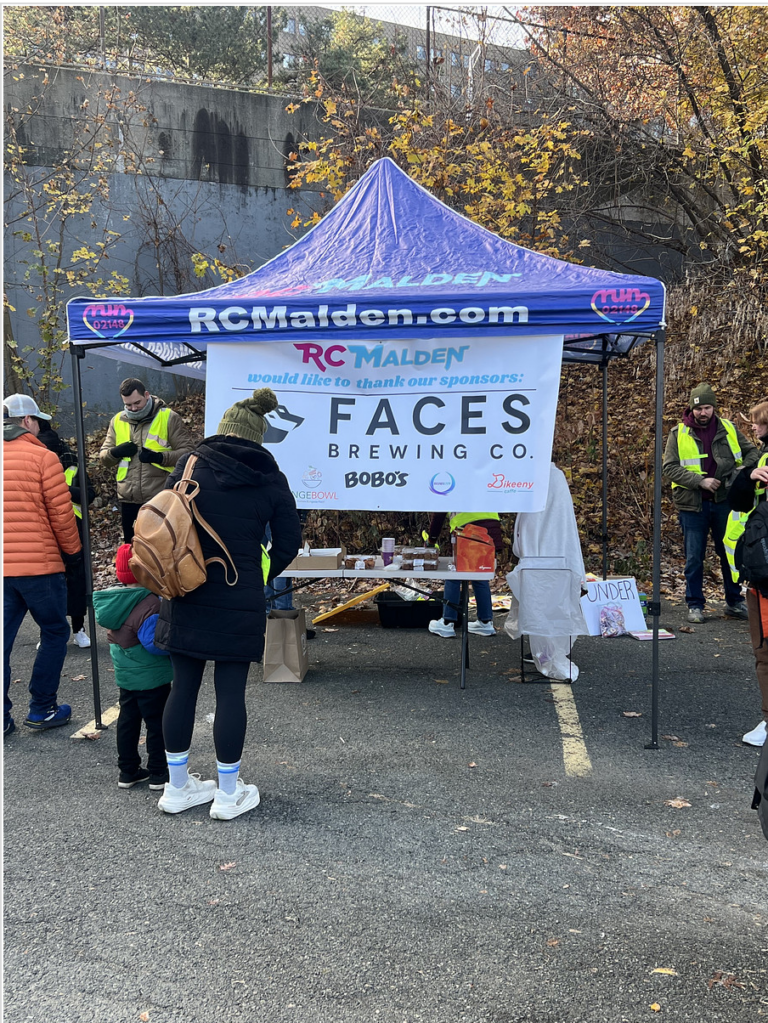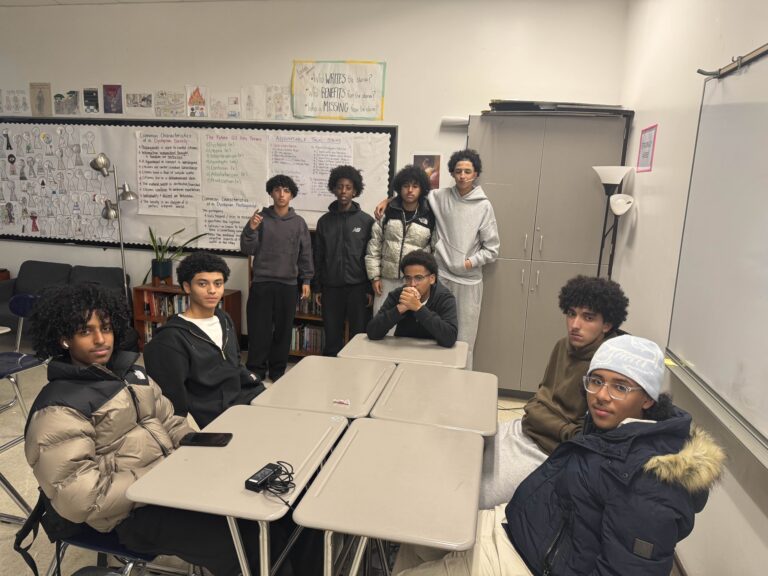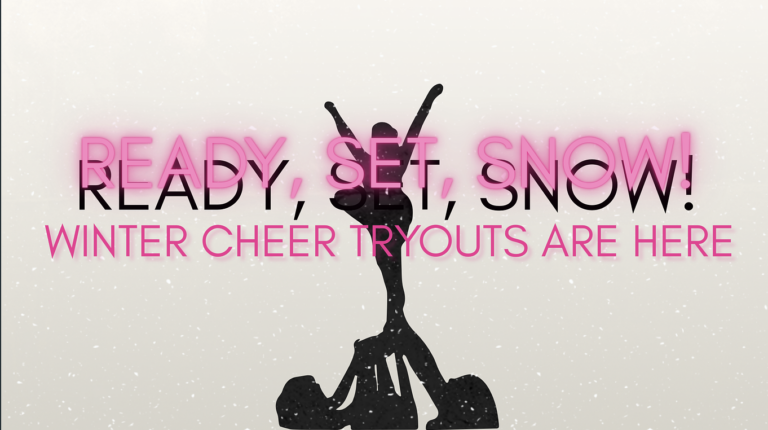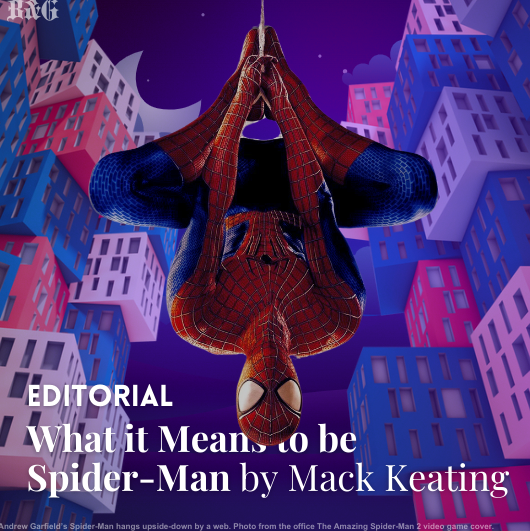
As a kid, I watched Spider-Man movies with the kind of awe only a child could have. I saw Peter Parker swinging from skyscrapers and facing enemies that threatened his life—and even more painfully, the lives of his friends and family. The “Parker Curse” weighed on him, putting everyone he loved at risk simply because they were close to him.
Parker could only watch as his powers drew them into his tangled web of danger and pain. No matter how many battles he won, his friends and family always seemed to bear the cost. Sometimes, as I look around at my own life, I feel a bit like I’m living that story.
In the years since I came out, I can’t shake the feeling of a similar curse. Shortly after I came out as transgender, a large number of my friends came out as part of the LGBTQ+ community as well. More recently, I received a diagnosis for my health condition Postural Orthostatic Tachycardia Syndrome (POTS), and over time, I saw some of my closest friends begin journeys of their own with declining physical health.
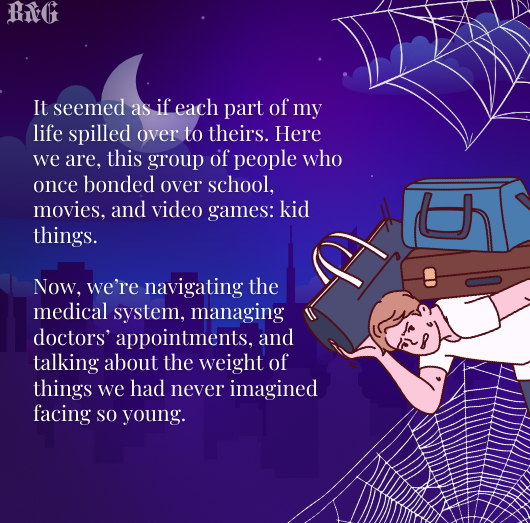
It seemed as if each part of my life spilled over to theirs. Here we are, this group of people who once bonded over school, movies, and video games: kid things. Now, we’re navigating the medical system, managing doctors’ appointments, and talking about the weight of things we had never imagined facing so young.
Parker faced imminent, physical threats with his spider powers, but the dangers my friends and I are up against are more invisible. Instead of villains in masks, we face chronic symptoms, mental health battles, and hostility. Spider-Man might have been able to swing through the city, but my friends and I? We’re just trying to make it through the day with whatever energy we can muster.
Like Parker, I found myself wishing I could protect my friends from everything difficult or painful. I don’t want them to feel the way I do: trapped in a body that does not cooperate with its mind. As more of my friends began dealing with similar issues, I felt an uncomfortable, inexplicable guilt. Was I somehow dragging them into my struggles, cursing them with my challenges?
There’s a kind of isolation in that guilt. You want to reach out, but part of you is afraid that sharing your struggles will somehow make things worse. There’s a reason Spider-Man keeps his identity hidden from his loved ones; the fear that revealing his true self will only hurt them is almost stronger than the dangers he faces. But at a certain point, even Parker could not keep those walls up forever. And eventually, neither could I.
But maybe I had it wrong all along. In those early days, when I was hesitant to share my own struggles; it was my friends who helped me feel less alone, who showed me that I didn’t need to hide or downplay what I was going through.
As time went on, I realized that by being open about my journey, by showing vulnerability and honesty, I made it safer for them to do the same. We became not just a group of friends but a network of support—no judgment, no pressure to have it all figured out. By being vulnerable, I created a safe space where they, too, felt free to drop their masks.
The more I think about it, the more I realize that the “Parker Curse” isn’t about bringing pain to those around you: it’s about learning to carry the weight of pain together, becoming a web of support. Instead of isolation, it’s solidarity; instead of secrecy, it’s a quiet heroism in letting each other in.
Spider-Man doesn’t get stronger because he’s alone: he gets stronger because he has people that see him fully and love him anyway. By being honest about my own life, I didn’t pass on a curse: I helped create a kind of web—a network where we support each other.
In our desperate texts for help, or when we exchange texts about our latest doctor visits, or laugh about how ironic it feels to be talking about medical tests at our age, I realize I’m not dragging them down—we are lifting each other up.
Spider-Man’s story is his resilience. His challenges don’t go away, and no one swoops in to magically make everything better. He lives in the real world, where sometimes the best you can do is pick yourself up and try again tomorrow.
For my friends and me, that resilience has taken on a new meaning. There are days when it’s hard to get out of bed, when every step feels like it takes all the energy I have. There are days when it feels like I’m swinging from building to building, hoping the webs won’t snap. But knowing I’m not alone in that struggle makes all the difference.
So, maybe I’m cursed, maybe I’m not. Maybe none of us are. Maybe, like Peter Parker, it’s not about the darkness we face but the light we manage to find in each other. Talking about our struggles might not cure our conditions or resolve all our challenges, but it breaks the silence that once kept us isolated.
In a way, that’s its own kind of heroism. We’re not saving New York City, but we’re saving each other—one conversation, one shared laugh, one late-night talk at a time. And if that means we’re more connected, more honest, and a little bit more hopeful, then I’ll gladly take that curse any day.

